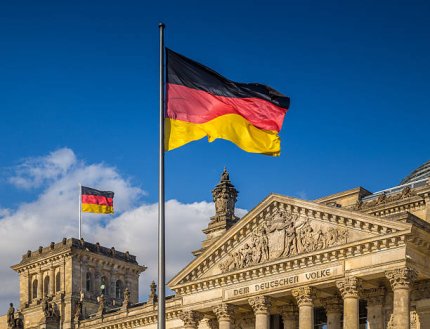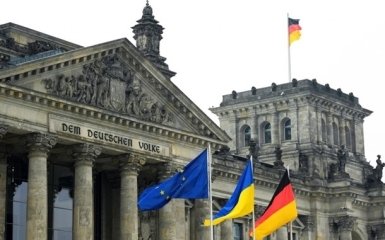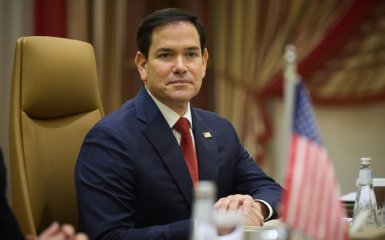The Budget Committee of the German Parliament calls on the head of the country's Ministry of Finance, Jörg Kukis approve the allocation of additional military assistance to Ukraine in the amount of 3 billion euros.
Points of attention
- Germany's Budget Committee is pushing for 3 billion euros in additional military aid to Ukraine, leading to a political crisis within the government.
- Chancellor Olaf Scholz backs the military aid but faces opposition over the condition of exemption from the 'debt brake' regime for financing.
- The dispute over military aid allocation resulted in the collapse of the German government and highlighted divisions within the ruling coalition and opposition parties.
- Germany aims to supplement the already planned 8 billion euros for 2024 and 4 billion euros for 2025 with the additional aid package for Ukraine.
- The provision of military assistance to Ukraine is crucial for Berlin's strategic interests, with hopes that Ukraine can fulfill its defense needs with support from the Group of Seven's $50 billion loan.
What is known about Germany's intention to provide additional military assistance to Ukraine?
According to the publication, the request was approved by deputies from the opposition Christian Democratic Union (CDU) and the Free Democrats (FDP).
Meanwhile, representatives of the ruling coalition of the Social Democratic Party (SPD) and the Greens refused to participate in the vote.
The committee cannot decide on additional assistance to Ukraine without the approval of the Minister of Finance, but in practice the ministry usually grants requests approved by the committee.

According to members of the budget committee from the CDU and SPD, the German budget has enough funds to approve this request.
Chancellor Olaf Scholz also advocates additional military aid, but still insists that it can only be financed with an exemption from the "debt brake" regime to allow for additional borrowing.
What is known about the political crisis in Germany amid discussions on aid to Ukraine
This spending dispute led to the collapse of the German government, as Scholz, citing special circumstances, wanted to suspend the “debt brake,” but former Finance Minister Christian Lindner refused, insisting on cuts instead of new borrowing.
The funds planned to be allocated are in addition to the 8 billion euros provided for Ukraine in the 2024 budget.
In 2025, German aid to Ukraine was reduced to 4 billion euros.
Berlin hopes that Ukraine will be able to meet the bulk of its military needs with the help of a $50 billion loan approved by the Group of Seven.














